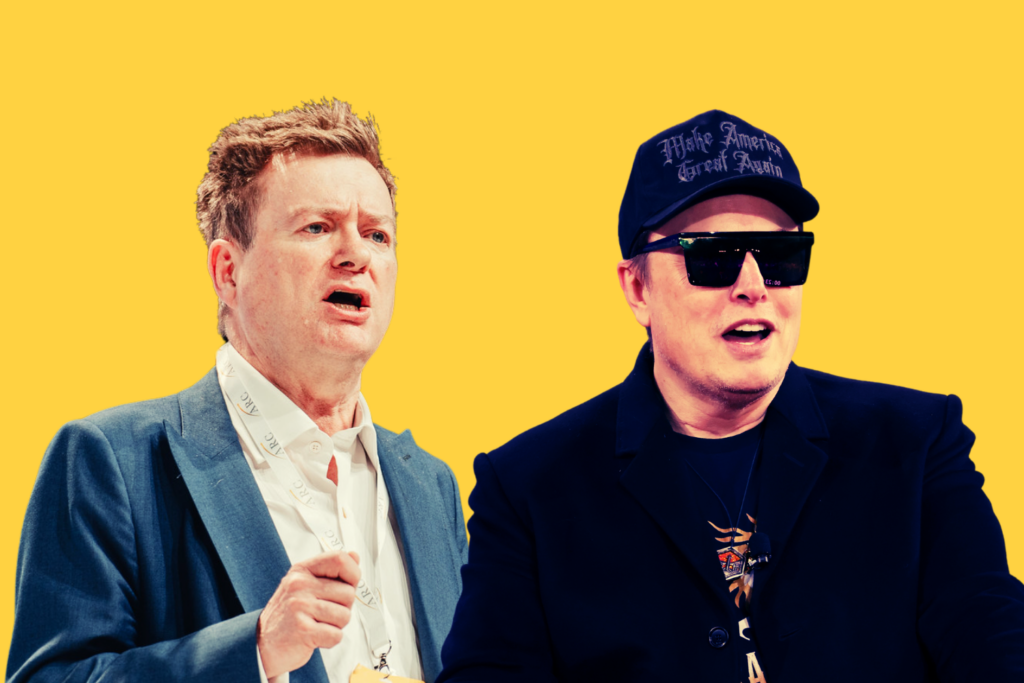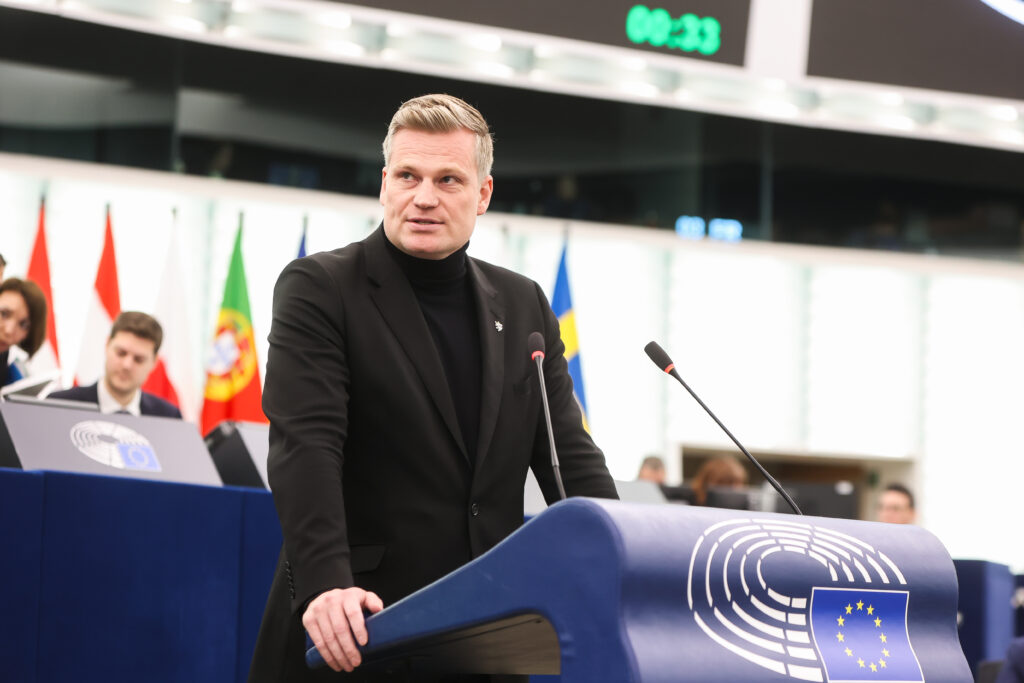A radically new economic and social system is urgently needed to tackle climate change and address intersecting social justice issues, the internationally bestselling author Naomi Klein told activists meeting in London today.
“It’s not too late to get off the road, to grab the wheel of history and swerve,” the author of This Changes Everything told an audience of more than 1,000 attending a one-day interactive conference on climate change and social justice inspired by her book.
“It is possible to lower our emissions in line with what science is telling us,” she said via Skype. “But to do that means we need to change everything about our system.”
Klein argued that individual actions alone aren’t going to bring the level of emission reductions needed to avoid catastrophic climate change. Instead, “we need to look at large scale policies that make good decisions easier.”
Paul Mason warned capitalism is dying
Natalie Bennett argued that the system suffers from siloed thinking
The all-day event held at Friends Meeting House in Euston, London, included breakout workshops and tactic sessions – while also giving a platform speakers from across the environment and social justice movement.
Among those to join the debate were Green Party leader Natalie Bennett, Channel 4 economics editor Paul Mason, and John Broderick, a research fellow at the Tyndall Centre for Climate Change Research. There was a consensus among all speakers that bold and broad social change is required to meet the climate challenge.
Capitalism is Dying
Natalie Bennett, leader of the Green Party, agreed with Klein, arguing that the problems are structural not individual. “We’ve had decades of dominance of neoliberalism and it’s clearly bankrupt,” she said.
“Real political change happens in big jumps. The last big jump was the rise of Thatcherism, [which has] now clearly run its course. It’s time for our change, which is that everyone on this planet should have access to resources for a decent quality of life and we all have to collectively do this with one planet.”
Neil Faulkner criticised uncontrolled competition for raw resources
Neil Faulkner, a Marxist historian and one of the event’s organisers, explained: “There is a carbon machine, there is a war machine, and there is a profit machine. And it’s all wired to the same motor, the same engine.”
These points were echoed by Paul Mason, economics editor at Channel 4 News, who declared that “capitalism is dying”. Mason pointed to issues such as debt, stranded fossil fuel assets and the climate crisis at large as evidence that the current economic model does not work. “Either it burns the planet or crashes the economy,” he said.
Inequality and Wellbeing
But tackling climate change also means addressing issues of inequality it was repeatedly argued. Creating a sustainable society means “optimising wellbeing” explained Kate Pickett, social epidemiology professor at York University, noting that it’s not just about “getting by”.
“Our current consumerist, economic system isn’t creating human well-being; it’s fuelled by inequality,” Pickett said, adding that societies with greater inequality are less likely to comply with environmental regulations.
“We need to be a truly global movement routed in local issues” said Asad Rehman, Friends of the Earth
However, Bennett also suggested that the current coalition government opposes the adoption of targets addressing inequality as part of the new sustainable development goals currently being decided by the United Nations.
John Broderick, a research fellow at the Tyndall Centre for Climate Change Research, agreed with Bennett that government targets are not strong enough. He criticised the current EU emission reduction target of 40 percent by 2030 as being too low. “We need to be talking about an 80 percent reduction to properly tackle climate change.”
This echoes statements made last week by Petra Tscharkert of Penn State University and IPCC author, that a 2C target is “utterly inadequate”. Instead, Tscharkert has called for a 1.5C target. This is required to limit sea level rise to less than a metre, to protect half of all coral reefs and still have some ice in the Arctic during the summer.
Photos: Brendan Montague
Subscribe to our newsletter
Stay up to date with DeSmog news and alerts







